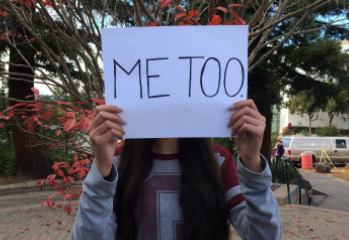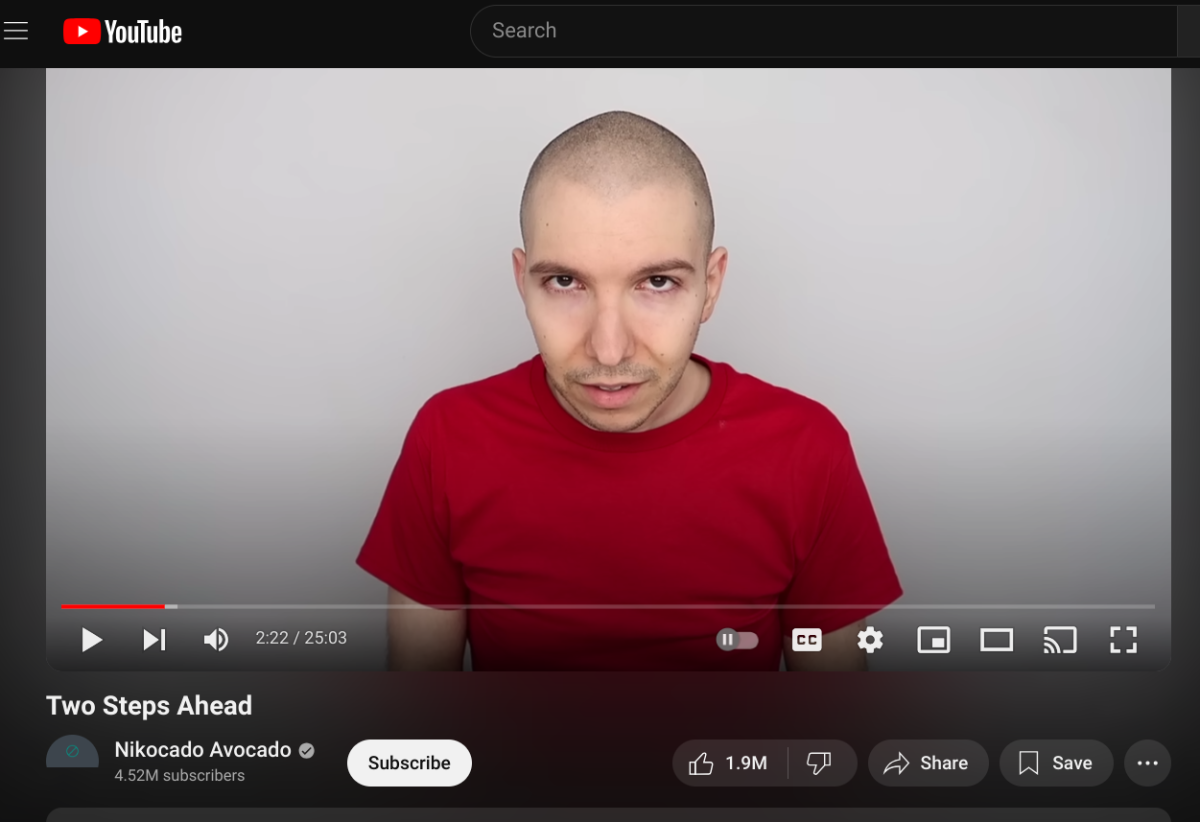
I didn’t realize they were talking about me.
I strode to class from lunch, walking in my favorite lace skirt. Behind me, I heard two male voices laughing. As their voices grew closer, I caught a fragment of their conversation: “I knew I saw a fresh piece of ***. Come here, cutie… ”
I stiffened, quickening my pace. I wanted to turn around and tell them off, but was it my place? As I turned into math class, I glanced at them, horrified to see the two older boys staring at me.
Eighty-four percent of women will be catcalled by the age of seventeen, and thirteen percent of women will have experienced catcalls by age ten.
“When people make a catcall, they assume they’re providing positive feedback about that person,” Sara Grace Vann, Woodside’s Support Services coordinator, explained. “What they don’t realize is that [a catcall is] a judgment, positive or negative, about someone’s physical appearance.”
A catcall is defined as a loud, sexually suggestive call or comment directed at someone publicly. Although catcalls may be viewed as compliments by either the perpetrator or the victim, catcalls remain common forms of sexual harassment that make victims (primarily women) feel threatened, objectified, and often powerless.
“[Catcalling is considered acceptable] partly [because of] culture,” Vann stated. “At some point, the people who make catcalls start to believe that… [catcalling] is an acceptable way to communicate.”
Some sexual harassment victims view catcalls as compliments because a vast majority of the judgmental remarks flatter one’s physical appearance, such as “your body is beautiful,” or “you’re sexy.”
However, an important distinction lies in that catcalls sexualize one’s body and often make the victim feel uncomfortable or unsafe, while compliments are harmless and uplifting.
“Adolescent years [are] a very insecure time,” Vann described, “so, to then have any attention drawn to one’s physical appearance would affect someone very much when they’re still figuring out who they are, what their body looks like, and what that means to them.”
The prevalence of catcalls in society causes most victims to grow accustomed to sexual harassment. Nevertheless, with the recent rise of the #MeToo movement, numerous actresses have come forward claiming that wealthy men in positions of power have sexually abused them. Most perpetrators promised victims a career boost or money to stay silent, leaving many victims too embarrassed or traumatized to speak out.
More than 50% of male participants in a 2017 Harvard University survey confessed to sexually harassing a woman, and yet, ironically, nearly 50% of respondents stated that they “don’t see certain types of gender-based degradation and subordination as problems in our society.”
Society normalizes harassment by enforcing the idea that reporting abuse is embarrassing or useless. Over ninety percent of sexual assault victims on college campuses do not report their incidents to authorities.
“Raising awareness, teaching people how to intervene, [the] effect of [catcalling] on people, and how to have a conversation about it [can help the issue of catcalling],” Vann stated.
People need to understand that sexual abuse isn’t a temporary problem; sexual abuse has always been a problem, and it’s not going away anytime soon unless society recognizes this isn’t just a women’s issue.
It’s everyone’s issue.








